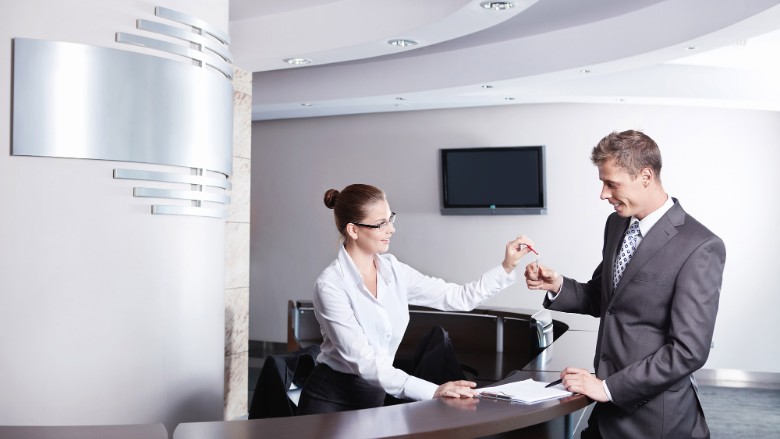
Victim profile: Wearing a suit, carrying a briefcase, and using a mobile device.
Business travelers can fall prey to identity theft and credit card fraud because they are often easy marks. The way they dress, the hotels where they stay, and their laptop bags give them away.
Even with a measly bank balance and my overly cautious ways of checking that my card is in my wallet every few hours, I've still had my debit card hacked twice.
Frequent business travelers can become complacent, expert say.
"When abroad, people have this idea I'm at a Starbucks and it's like any Starbucks in the U.S., so they put their laptop on the table, walk up to order, and come back expecting it'll still be there," says Jim Stickley, a security consultant and founder of Stickley on Security.
To reduce the chances of becoming a target, doing the bare minimum -- carrying less cash, notifying your bank about travel dates -- is no longer enough.
Here's how you can go the extra mile to safeguard your identity and more:
Related: 7 safety tips from hackers
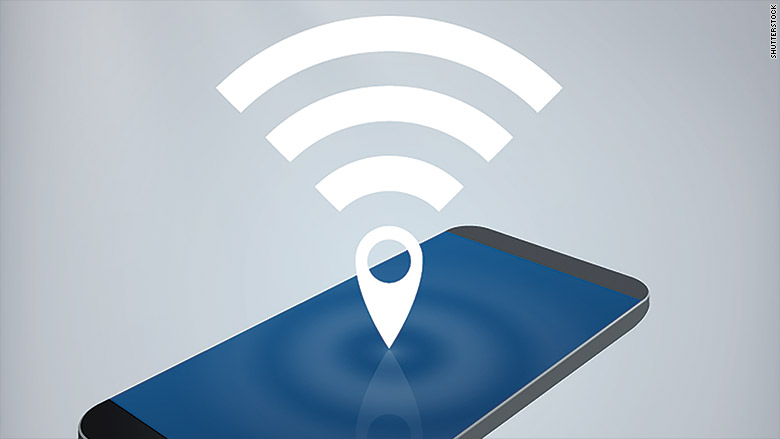
1. Watch out for that free Wi-Fi
If you're just browsing the web and reading the news, you should be okay. But don't use free Wi-Fi in your hotel or elsewhere to make sensitive transactions, financial or otherwise, and don't access confidential work emails.
"It's really important to mention not to trust any kind of insecure message that comes up," said Patrick Nielsen, senior security researcher at Kaspersky's Lab.
Someone may be controlling a network you are signed into. They could send malicious pop-ups, which could render your laptop an open book for the hacker. To avoid that, update your devices before you travel.
"Never install any new software on an insecure network," says Nielsen.
Solution: Trust no wi-fi. Purchase international data and use your phone or a dongle as a hotspot for all your devices.
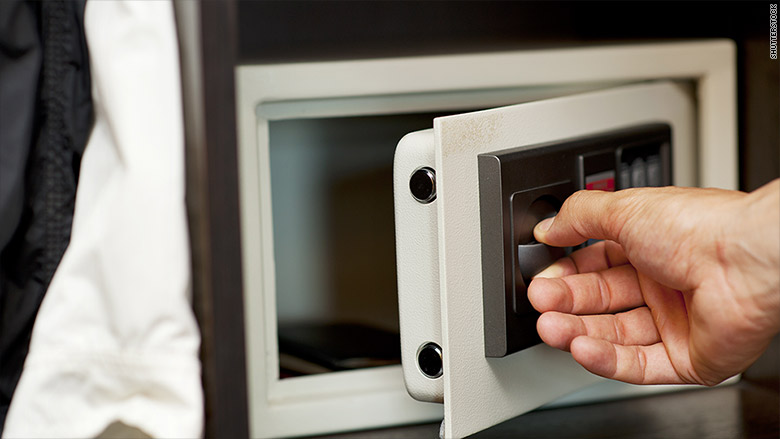
2. Even your safe may not be
Sure, you can lock your passport and credit cards in your hotel safe but you better be sure that no one can crack that code or worse -- make off with the entire safe.
Theresa Payton, CEO of Fortalice and former White House CIO, said using hotel safes in unfamiliar places is not the best practice.
"Never leave your devices unattended in hotel room or hotel safe," advises Payton.
Robert Siciliano, online safety expert for Intel Security, says take as much as you can with you.
"I'll go to the beach with my laptop. I'll go to dinner with it, too," says Siciliano. "Same goes for anybody that has any data on any device they want to protect. I take my passport and my driver's license with me."
Solution: Wherever and whenever possible, carry your belongings with you. All other options are less safe. And always have copies of your documents in case of theft or loss.
Related: Why your privacy is gone forever
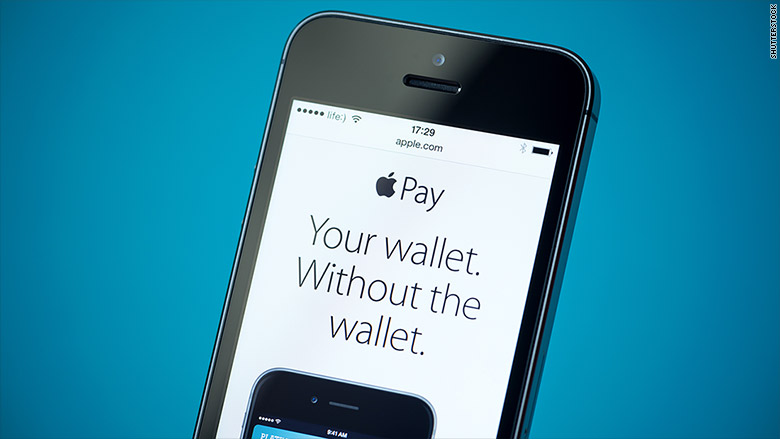
3. Your phone can save you from fraud
Scan before you swipe.
Experts recommend mobile payments such as Apple Pay and Google Wallet as more secure than using plastic.
While making these transactions, it's unlikely that your information can be stolen, experts say. With credit cards and debit cards, they can be skimmed or people can take photos of them and use the details online.
Solution: Wherever they accept phone charges, that's your go-to method of payment. Otherwise, cash or credit cards will do but avoid debit cards.
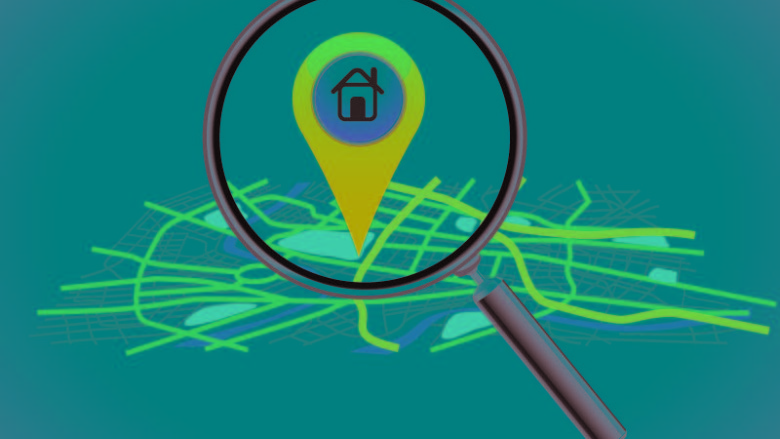
4. Get off the grid
'Landed right now. In Norway for 3 day, anyone around? Heading to Statholdergaarden for lunch in 2 hours, hit me up! at Grand Hotel Oslo.'
Terrible idea. All your friends and followers on Facebook and Twitter really don't know need to know where you are -- but criminals will appreciate the heads up and use it against you.
Siciliano warns against revealing too much on social media sites: "Criminals can use some of your data in password resets if you're providing enough information to answer knowledge-based authentication questions."
Step one to getting to your information is getting to you. Hackers increasingly do so from behind a screen but if you leave yourself vulnerable, there is double the danger.
Not only have you become a target in Norway now, you've also let everyone back home know that your house may be empty for the next three days. That's also why your GPS location should not be set for everyone to see.
Solution: Watch what you say on social media about your travels. And if you do leave the GPS locator option turned on, study the settings carefully. "Only turn it on for specific individuals that you name," Payton suggests.
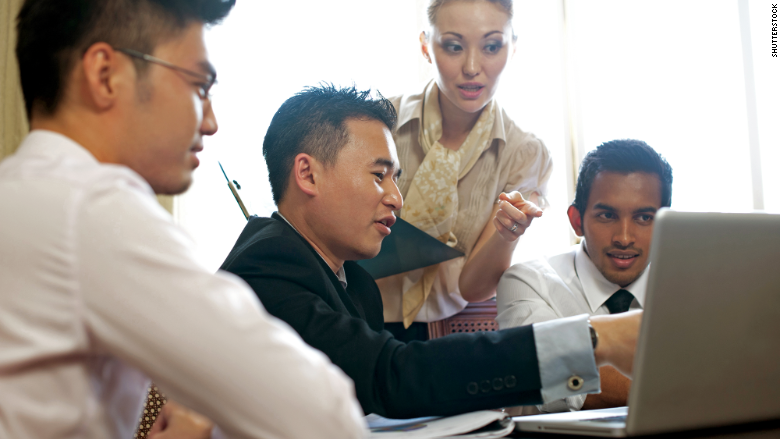
5. Shhh, we can hear you!
"I've seen it myself multiple times. Somebody is talking in the lobby as if they're in a phone booth," says Payton. "You're not in a phone booth bubble. Keep confidential conversations confidential."
If you think no one knows who you are, you couldn't be more wrong.
"A common scam is where they'll [criminals] hang out downstairs to hear you say your name -- to the valet, at the check-in desk -- and they'll call when your hotel room when you go up and say, 'The card didn't process downstairs. We need you to run it over the phone' and most people will do it," said Stickley, the security consultant.
Solution: Remember you are not in the comfort -- or privacy -- of your own home.

